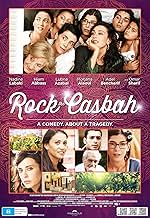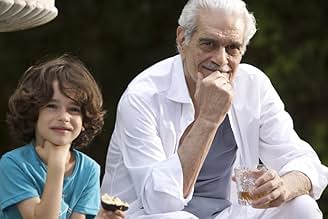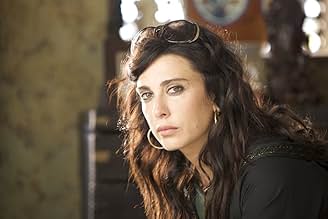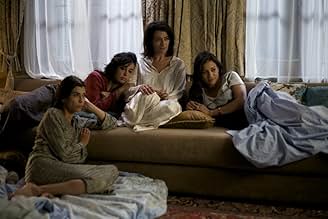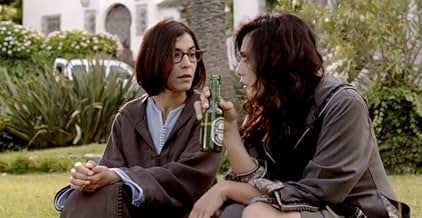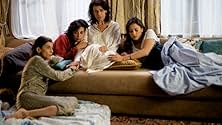Rock the Casbah
- 2013
- 1h 40min
L'intera famiglia si riunisce quando Sofia torna per il funerale di suo padre. Rapidamente, i problemi interni vengono rivelati.L'intera famiglia si riunisce quando Sofia torna per il funerale di suo padre. Rapidamente, i problemi interni vengono rivelati.L'intera famiglia si riunisce quando Sofia torna per il funerale di suo padre. Rapidamente, i problemi interni vengono rivelati.

